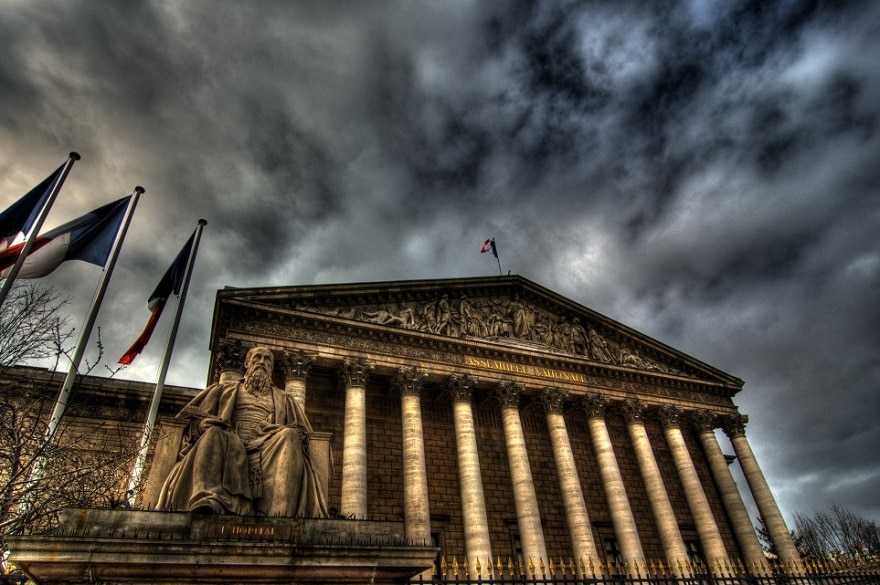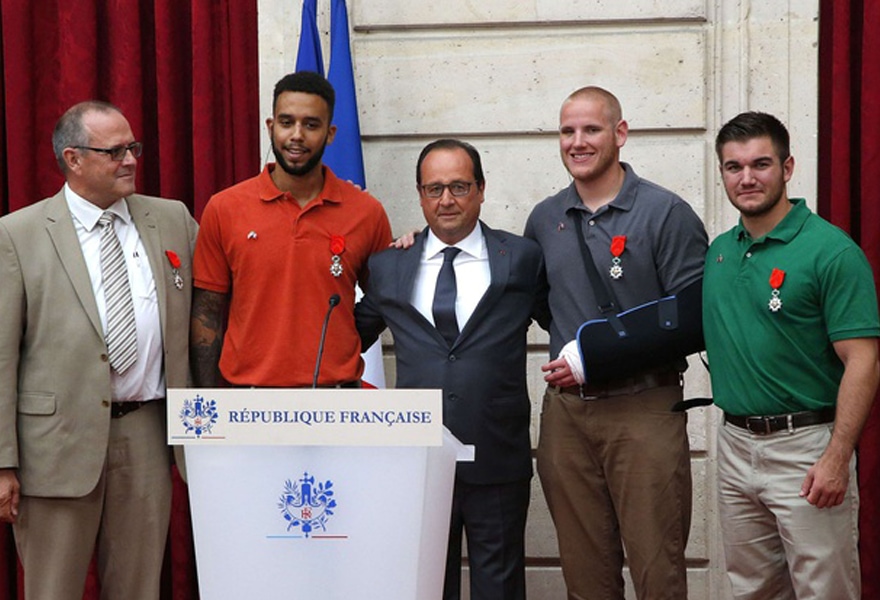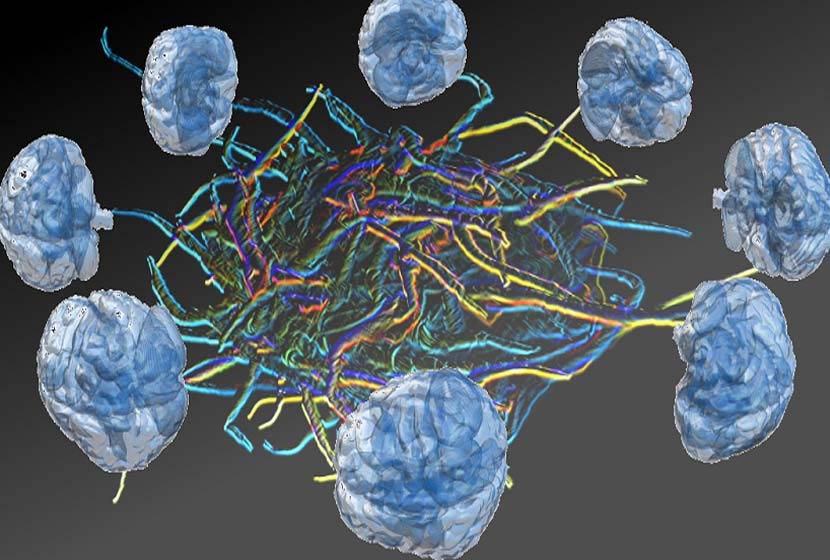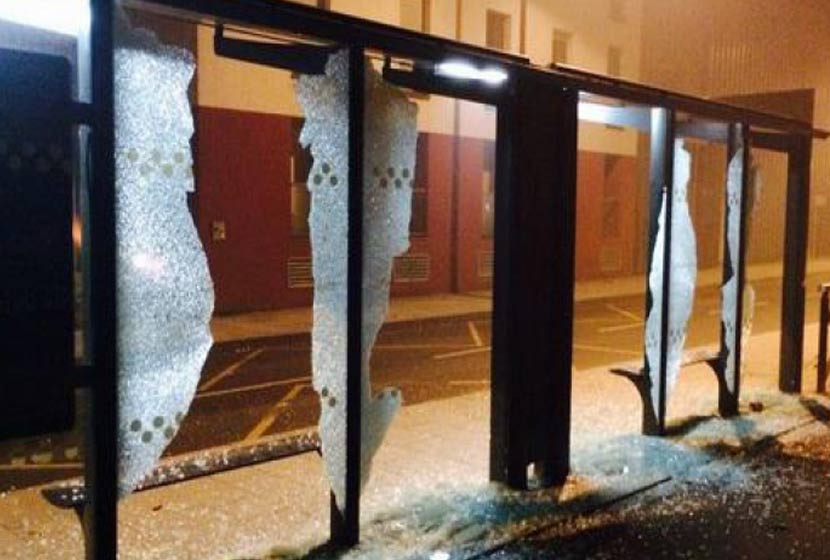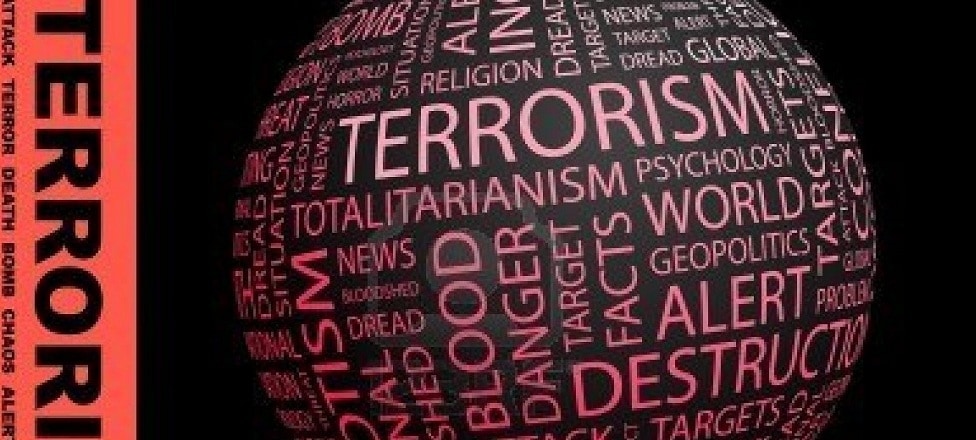"Trust" is one of those words that invariably haunt the vocabulary of politics. Politicians of all eras have made it their lexical reference. (1) recurring if not their election slogan. (2). Trust thus appears as the touchstone of the relationship between politics and the people. It is on it that the holding of power, its use and sometimes its abuse is based, often provoking a great deal of misunderstanding.
Aeassionate calls confidence in politics in particular, or more generally in the conduct of public affairs, have become routine. Yet the relationship between political institutions or actors and the conditions on which trust is based are singularly opaque. This opacity lies in the fact that the decision to grant trust is lost in the indeterminacy of the perspectives under which that trust is granted.
 The idea of a "social contract" whereby free men trust each other or a sovereign does not correspond to any reality. It is true that with the vote, the citizen acts out his trust. But election does not mean that the citizen entrusts a mandate to represent his own interests. In democratic societies, voting means that the elected representatives of the people are entrusted with the task of deciding according to the criteria of the common good. It is, however, on the basis of the idea of a social contract that these elected representatives demand sovereign decision-making power in order to govern.
The idea of a "social contract" whereby free men trust each other or a sovereign does not correspond to any reality. It is true that with the vote, the citizen acts out his trust. But election does not mean that the citizen entrusts a mandate to represent his own interests. In democratic societies, voting means that the elected representatives of the people are entrusted with the task of deciding according to the criteria of the common good. It is, however, on the basis of the idea of a social contract that these elected representatives demand sovereign decision-making power in order to govern.
● But the sovereign cannot be trusted (3). Indeed, the ultimate decision-making power produces its own standards and thus makes it impossible to build trust. The political decision-making process is particularly complex; it incorporates a cascade of information and decisions of varying degrees of importance which, at each stage, absorbs certain information and excludes certain alternatives.
These procedures are generally carried out within specific frameworks: legality, budgetary choice, programme guidelines, consensus-building, etc. These stages are open to information and guarantee, to a certain extent, the absence of arbitrariness. However, in the decision-making process, at each stage, intermediate choices - as well as time management - assert the sovereignty of the policy. It is rarely exercised all at once, but fragmented into a multitude of decisions that dilute the assumptions on which the voter has based his or her trust.
One of the major decision theorists, Robert DahlIn the 1960s and 1970s, the Committee on Economic, Social and Cultural Rights (CESCR) had pointed out that the political decision-making process in this way resulted in an elite of experts taking power, to the detriment of citizens who were confined to the role of voters. The "democratic ritual" as such was only "a ceremonial that eventually became one of the classic processes for legitimizing leadership. »(4) The question of the decision thus heard points to a process in which citizens do not participate. The people can only vote; it is their representatives who will make the decisions.
Joseph Schumpeter, as a theorist of modern economics, would argue that people can act on their own only "when there are no big decisions to be made. » (5) If we follow the reasoning of these authors, classical models of democracy become anachronistic because important decisions can only be taken by specialists. (6). The Italian political scientist Giovanni Sartori will push this idea to the point of questioning democracy itself: the citizen being "incompetent" in the handling of political affairs, "democracy is a political system in which the people exercise enough control to be able to change leaders, but not enough to govern themselves. »(7)
● Faced with an increasingly complex order of information processing and decision making, the trust placed in the citizen necessarily changes in nature and splits into two different levels of appreciation. On the one hand, the citizen assesses his trust in relation to the decisions taken and implements, in order to validate it, imputation mechanisms such as the sanction vote. On the other hand, they place their trust in the political system as such, believing that they are citizens of a country in which they lead a life worthy of man.
The combination of these two levels creates a certain stability since the denial of confidence, judged on a decision, can be put into perspective by the second level of analysis. In any case, this duality considerably increases the complexity of the notion of trust compared to the old conceptions that based trust on a single personal logic granted to the holders of power .
Contemporary politics establishes the legitimacy of its power on the trust placed in it by the people, believing that "The effectiveness of democracy depends first and foremost on the efficiency and skill of its leaders. "This thought is articulated in a vertical geometry of power, according to which the politician is placed at the top of a pyramid. In complex societies, however, power is differentiated among several functional areas some of which escape the horizon of political power. The people's trust in political power therefore concerns only a fraction of the society in which they live. It is on this characteristic that the widespread opinion of the impotence of politicians is formed and a society of distrust develops.

(1) To take one example among others, the word "confidence" is part of the list of the 10 most frequent words in General de Gaulle's speeches; it is situated, in the classification established by lexicological research, between the words "People" and "Nation" (Cf. Jean-Marie COTTERET et al. Le vocabulaire du Général de Gaulle, Armand Colin, 1969).
(2) In November 2006, Nicolas Sarkozy launched his candidacy for the Presidency of the Republic on the theme of "Trust and Respect".
(3) Cf. the famous formula of Montesquieu in The Spirit of the Laws (1758): "It is an eternal experience that every man who has power is inclined to abuse it. »
(4) Robert DAHL, Who governs? Armand Colin, 1971
(5) Joseph SCHUMPETER, Capitalisme, socialisme et démocratie, Payot, 1965.
(6) Cf. Pierre BIRNBAUM, La fin du politique, Seuil, 1975.
(7) Giovanni SARTORI, Theory of Democracy, Armand Colin, 1974

